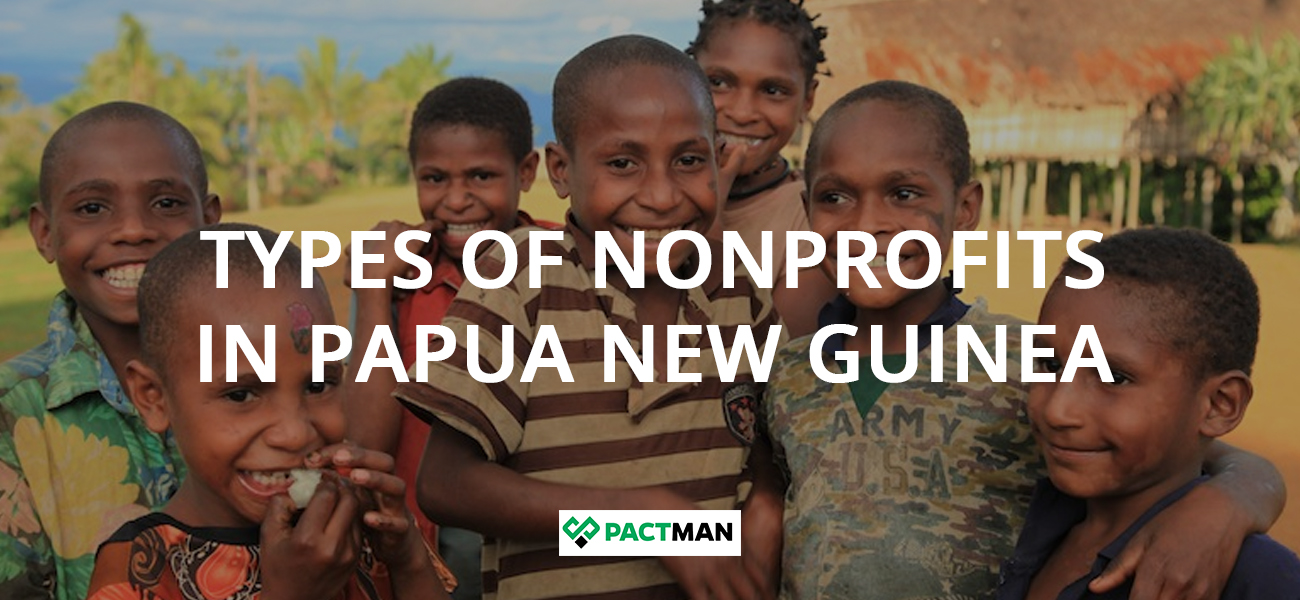Philanthropic activities in Papua New Guinea are somewhat small and heterogeneous. The various types of nonprofits are largely influenced by the social structure of churches and traditional institutions. Also, the country over the years has witnessed the cooperation of local and international nonprofits. This is most especially in the area of political and environmental issues.
Churches in Papua New Guinea are the largest and leading component of nonprofit activities. They are known to perform essential roles such as service delivery duties. Health and education services comprise their major functions.
In this article, we will be considering the types of nonprofits in Papua New Guinea and their roles.

- Churches in Papua New Guinea are the largest and leading component of nonprofit activities
- They provide about 50% of the country’s health services.
- There is also an absence of diversity and density of nonprofits in Papua New Guinea
What are the types of nonprofits in Papua New Guinea?
Nonprofits that are recognized in the country fall under three categories. They include;
1. Incorporated Associations: these types of nonprofits have a specific objective that seeks to benefit the community. The Associations Incorporation Act 1966 is the principal legislation governing incorporated associations.
There are specific criteria that are required of NGOs if they choose to operate as an incorporated association. Also, all NGO profits must not be distributed among its members. Incorporated Associations include institutions, societies, Christian missions, or clubs.
2. Trusts: these types of nonprofits are registered under the Trustees and Executors Act 1961. Trusts are known to use their assets and property to serve a particular cause in society. Their services often seek to promote community education, religion, and welfare.
Trusts in Papua New Guinea are given income tax exemptions that span 5 years. This exemption can further be extended.
3. Cooperative Society: these nongovernmental organizations are registered under the Societies Act 1982 and the Co-operative Societies Regulation 2003. They are largely made up of cultural and socio-economic associations. This category comprises Community based organizations as well as faith-based organizations.
Tax exemptions are given to all types of nonprofits. However, incorporated associations as well as Goods and Services tax have limited exemptions.
How many nonprofits are in Papua New Guinea?
With no single government body coordinating NGO activities, there is hardly information on the number of active nonprofits in Papua New Guinea. NGO Explorer, however, records 71 UK nongovernmental organizations in the country.
Also, the activities of the various types of nonprofits span community development, human rights, environmental protection, gender equality, poverty alleviation and so much more.
Generally, very few nonprofits apart from the churches operate on a large scale. Churches are the major contributor to the many nonprofit social services in the country. They are often considered quasi-state entities.
Also, nonprofits in Papua New Guinea are primarily male-dominated. Several of these organizations are localized and monolingual. The sector has very few law-advocacy-oriented NGOs.
There is also an absence of diversity and density of nonprofits in Papua New Guinea. They can be described as “embryonic” as there is little to no cooperation among nonprofits in the country.
Furthermore, tertiary-level organizations are relatively few. Churches provide about 50% of the country’s health services. They are also known to manage about 40% of the primary and secondary schools in the country. Apart from clans and churches, just a few organizations have voluntary membership.
Conclusion
The absence of a single umbrella to govern NGOs makes it relatively impossible to properly account for the sector. The various types of nonprofits in the country are known to function in isolation. Hence, the growth and development of nonprofits can hardly be determined.
Also, NGOs in Papua New Guinea decries the importance of networking and building coalitions. There is therefore a need to establish a corporate body that handles all activities of nonprofits in the country. This will also help to create an organized system that clearly defines and recognizes the impact of the sector.
If you enjoyed reading this article, please share your comment or questions with us at the bottom of the post.


